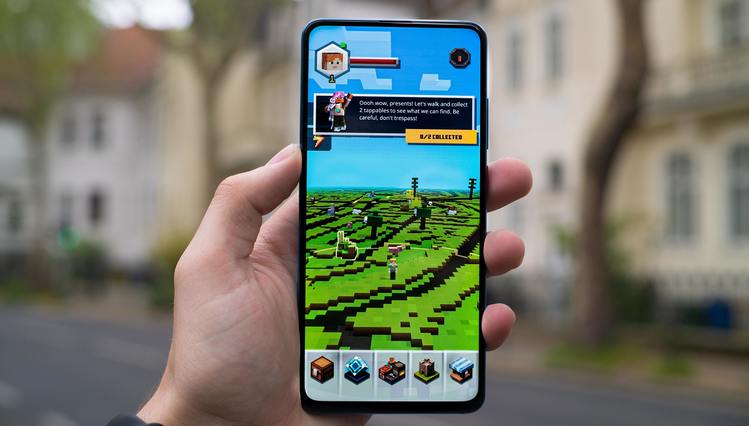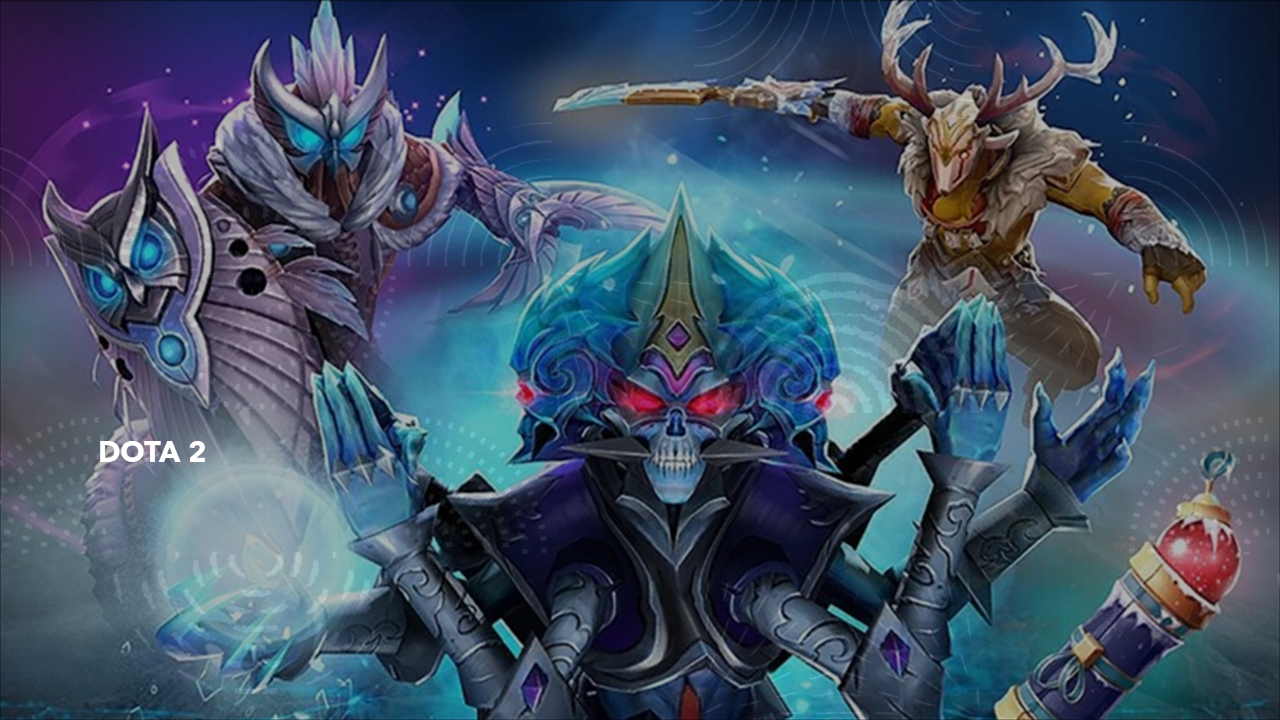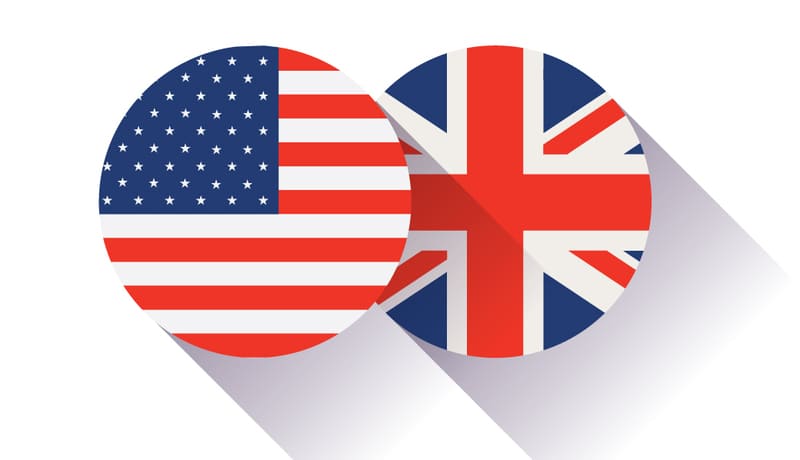Translating video games into rare languages

Nowadays, it is increasingly advisable to translate a video game into a language that is rarely used in localisation, such as Swahili, Lithuanian or Moldovan. English may be the most widely used language in video game translations, but it is not spoken or understood everywhere.
Why translate video games into a "rare" language?
Translating video games into a “rare” language can be very profitable for a company, as it can bring:
- A route to new markets that have not yet been explored. There will be little or no competition.
- Entry into markets other than the target market. For example, Swahili being the universal language of Africa could reach more than 16 million native speakers, but also 82 million Africans.
- A way to stand out from the competition.
Unfortunately, very few video games are translated into “rare” languages, as there are, however, many risks involved:
- The age, number of people and literacy rate of a population sometimes make it difficult to find a local translator. For example, despite there being 9 million Quechua speakers, most of them are not literate in Quechua.
- Internet connectivity is limited in some countries, and time limits are not compatible with the gaming experience.
- Language skills are not the same everywhere; the target language may not have the vocabulary used in the video game.

Some popular games translated into rare languages
However, some companies have taken a leap of faith and translated their video games into many languages; here are a few examples:
- Minecraft, a victim of its success, has been translated into 96 languages, including Maori, Limburgish and even Mannois, languages that could be described as “rare”.
- Freeciv, a lesser-known multiplayer network game, has been translated into 40 languages, including uncommon ones such as Lithuanian and Persian.
- Dota 2, which you probably also known by its name, is a video game that has also been translated into 30 languages, some of which are not widely used in the world of translation.
Translated and written by:
Deborah Le Doze
Post-edition:
Timothee Gros
Share a post
Newsletter
Sign up for our Newsletter and receive notifications of our latest posts and promotions
By sending your e-mail address you consent to the processing of your personal data – the Administrator of personal data is the company Trzecia Połowa Sp. z o.o. based in Warsaw, ul Sarmacka 1A/82






